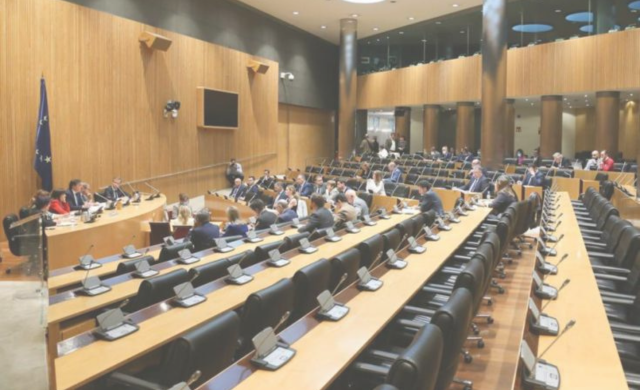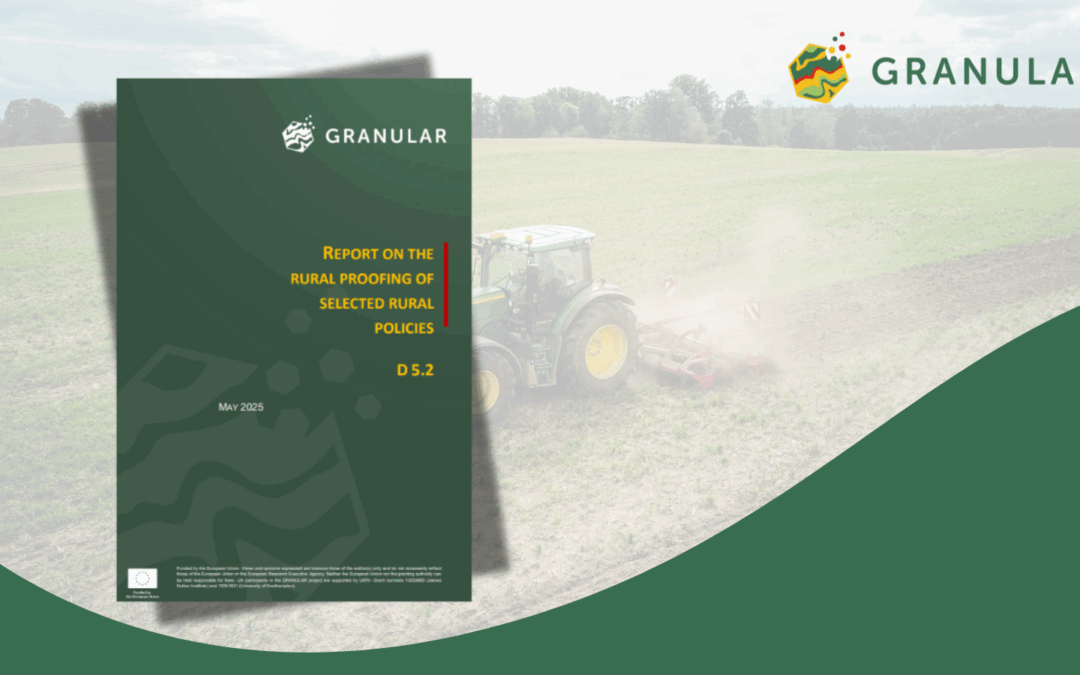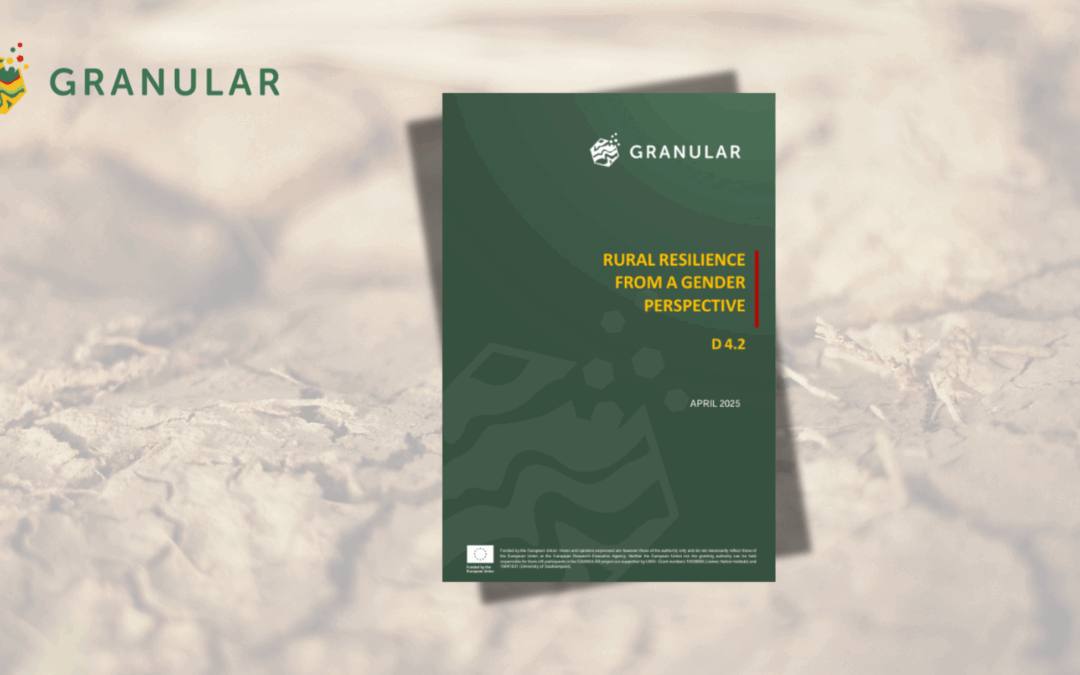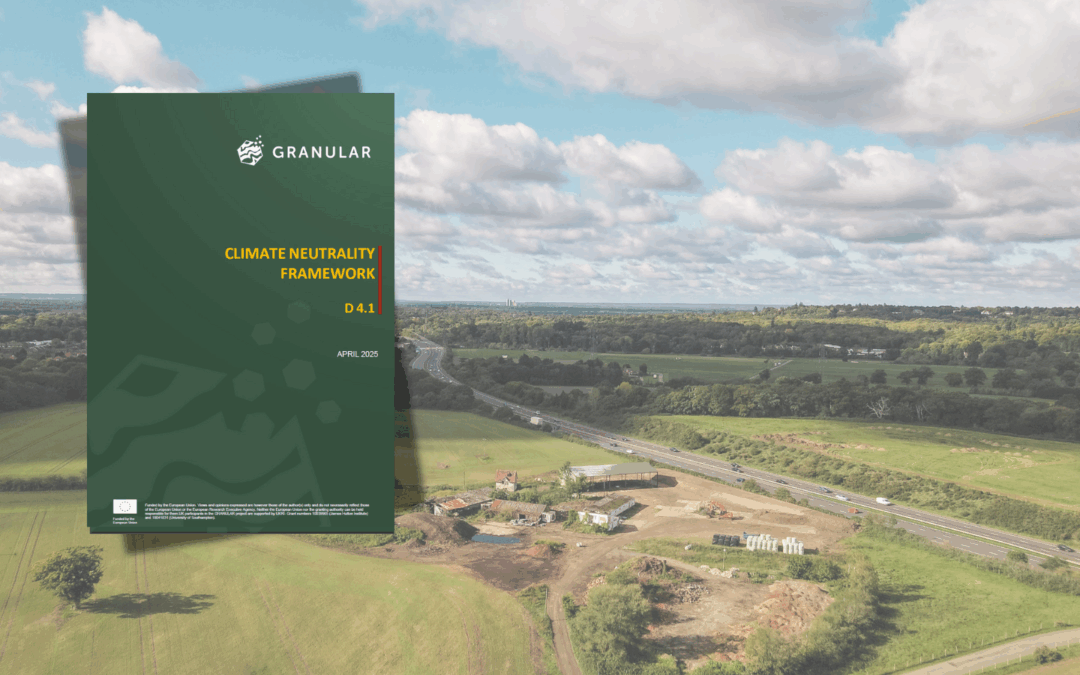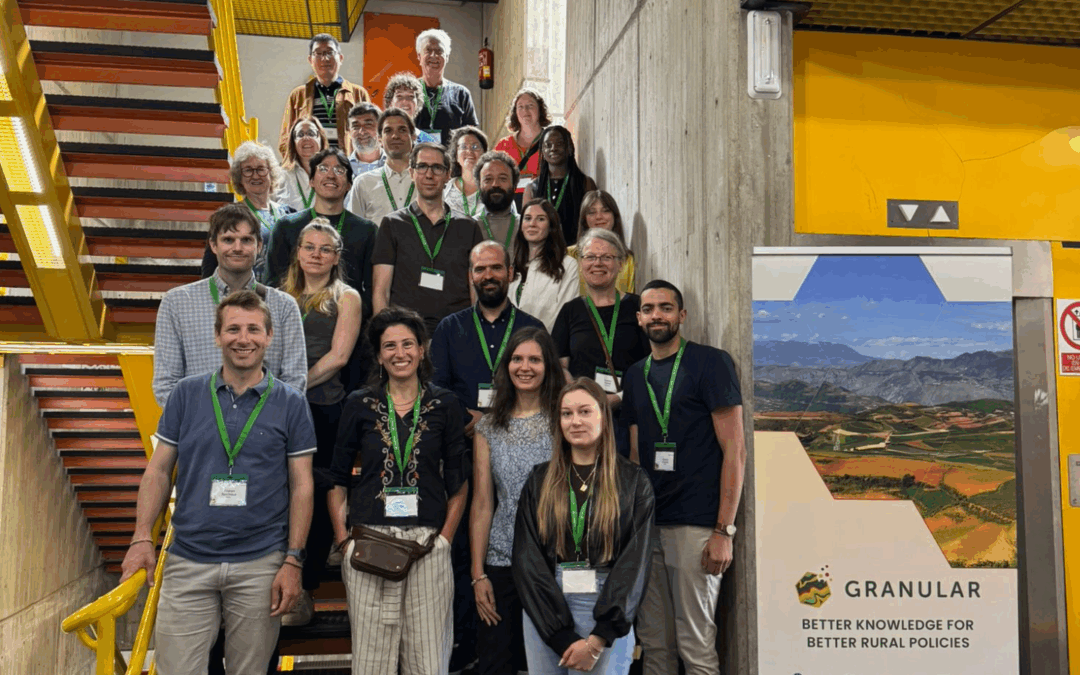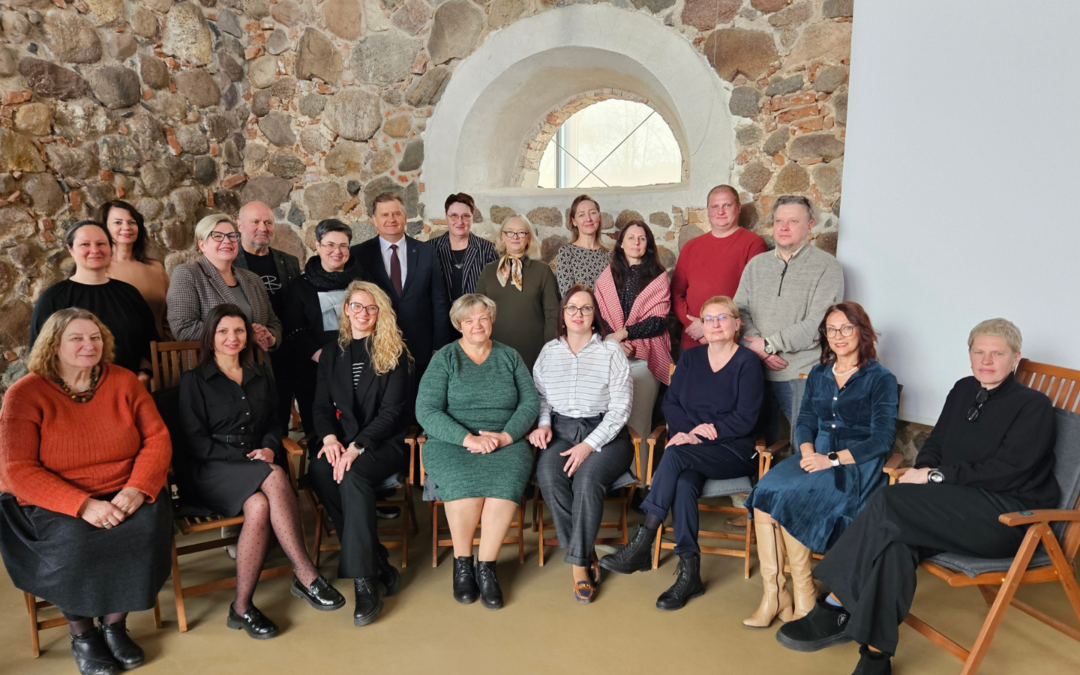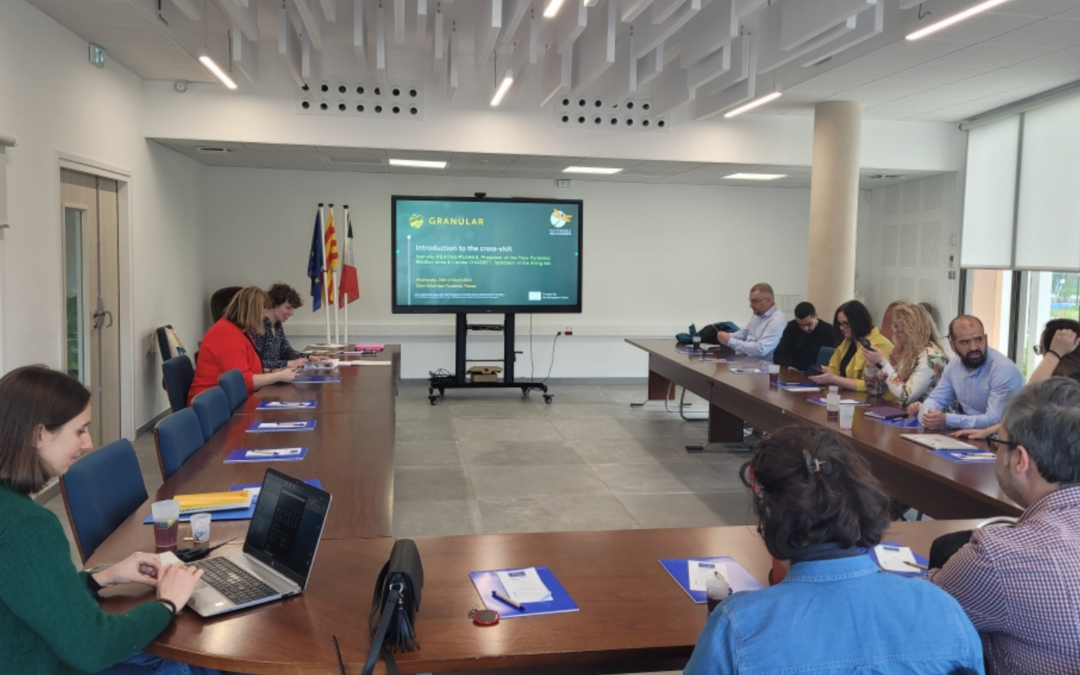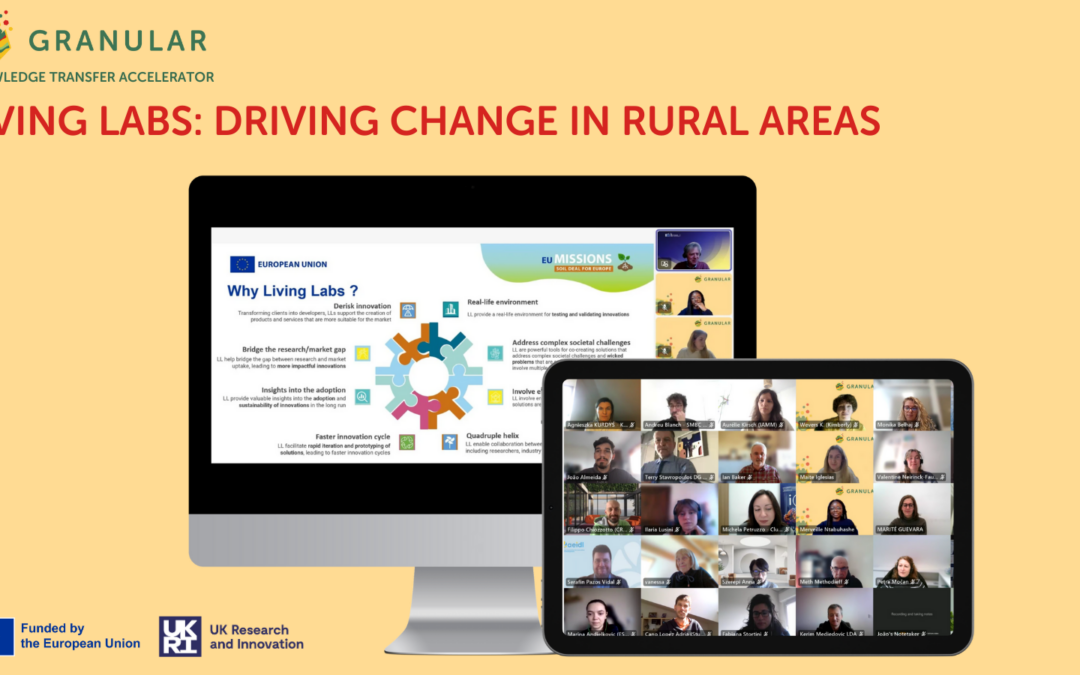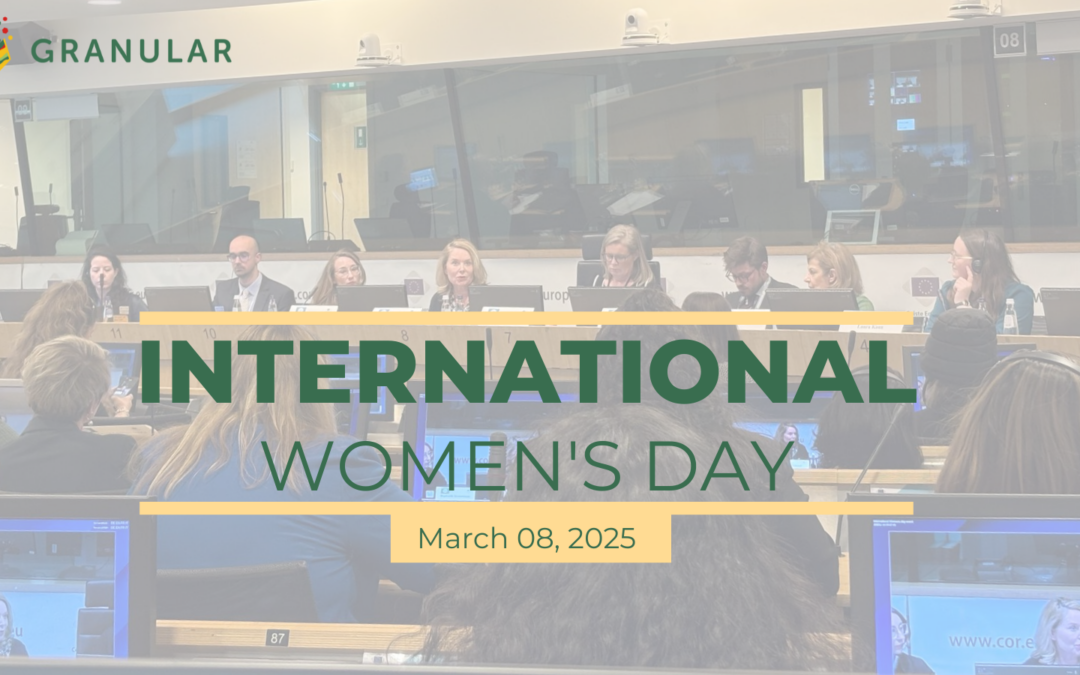On 27th September the Spanish Parliament hosted the Rural Proofing and Local Governance Day. Bringing together MPs, experts, regional politicians and representatives from Estonia, Ireland, Bulgaria and Spain. They discussed the practical implementation of rural proofing and its role to combat rural depopulation by better understand rural needs and impacts of public policies.
Rural NGO El Hueco with the support of the regional Government of Navarra region brought together a group of 100 individuals, (G100) 50 female and 50 male, from all over Spain, bringing together practitioners, experts and local stakeholders. Together they developed in 2021 the first ever methodology of rural proofing in Spain. One of the coordinators of the G100 proposal, Serafin Pazos-Vidal from GRANULAR´s partner AEIDL, was invited to contribute to this event.
What is distinctive of Spain´s rural proofing journey is the high level of political buy in to the project was the fact that in the presentation of the interim results brought together the Spanish Prime Minister, Leader of the Opposition, all main national party spokespersons and four regional presidents.
As a result rural proofing was subsequently incorporated in the new Spanish Law for the evaluation of public policies, which also seek to dynamically align with the emerging EU methodologies on rural proofing. The Law of Evaluation of Public Policies in the General State Administration reinforces the value of the evaluation of these policies, promote a true culture of evaluation in the administration and systematise the ‘ex ante’ evaluations of the public policies. It will be developed through a 4-yearly Government’s Strategic Evaluation Plan, which brings together each Ministry evaluation plan of a four-year nature, and the departmental Evaluation Plan.
These plans include for the first time a binding ‘ex ante’ and ‘ex post’ evaluation of policies with significant budgetary repercussions on the budget or and their economic and social impact. This is coordinated by the new State Agency for the Evaluation of Public Policies. Several regions, such as Navarre and Castilla la Mancha have developed their innovative approaches to rural proofing.
One of the conclusions of the meeting was the need to capitalise the present momentum to fully roll out rural proofing methodologies. The European Union is at present supporting three projects to develop rural proofing methodologies, GRANULAR has already published Guidelines for the rural proofing of transition policies in Europe, and RUSTIK has carried out a Review of rural proofing instruments and experiences in European and non-European countries. They are joined by the INTERREG Europe project Coop4RURALgov, some of the participating governments attended the Madrid meeting.
Furthermore the new Political Guidelines of European Commission President Von der Leyen for her second term, together with the mission letters for her Commissioner-designates do include a significant set of proposals that tie in with rural proofing such as the proposed Implementation Dialogues, EU Acquis Stress Test, EU Youth Test, EU Acquis Stress Test EU (to avoid overlaps and contradictions in EU rules), EU Youth Test, new European Citizens´ panels on key proposals or the new Reality Checks for the assessment of hurdles and barriers EU rules with selected stakeholders).
